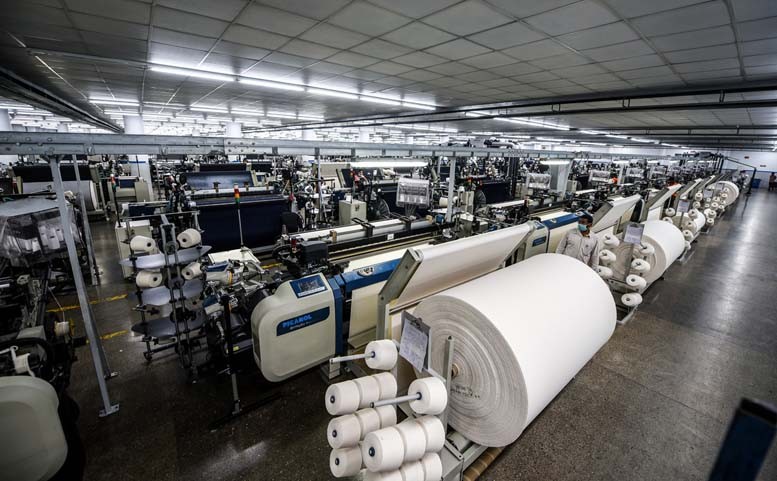
What is wrong with the government’s economic policies?

The national economy is in a shambles and the government appears to have no plan, policy or strategy to quickly put it on the right track. The government is facing a financial crunch and the growth rate of the gross domestic product has come down to 3.3 percent this year from the previous year’s 6 percent. A Rs3.2 trillion payment is due under the National Finance Commission Award and Rs2.9 trillion in foreign loans. Then there is a Rs1.2 trillion circular debt and many other liabilities.
State-owned entities like the Pakistan International Airlines and Pakistan Steel Mills have become more of a burden than an asset. On the other hand, the tax-to-GDP ratio is the lowest in the region. The policymakers’ challenge, to borrow an Urdu idiom, was to come up with a policy to kill the snake without breaking the stick. It looks instead like they are trying to break the stick without killing the snake.
The remarkable success of Pakistan Tehreek-i-Insaf in the general elections had raised hopes that the new government would manage to curb inflation, spur economic growth and create jobs. People were expecting a change in the vision, a change in understanding and a change in the government’s outlook of the economy. The business community was happy that corruption was going to end and the institutional interference in their businesses would be curtailed. The common man was happy, expecting good days ahead. However, the government has allowed runaway inflation and the disposable incomes have been squeezed as a result of devaluation of the rupee and making the collection of taxes its solitary focus, to the utter disappointment of all and sundry.
The first year’s performance of the government is disappointing. It has not just made mistakes but a series of blunders. The rupee has been left to the mercy of market forces. The so-called ‘free rupee’ has opened the floodgates of inflation, increased the volume of foreign loans, decreased the import of raw materials for exportable goods, increased the petroleum prices and delivered a coup de grace to the struggling export industries.
To discourage imports, the government has allowed the rupee to be devalued. This has raised the cost of raw materials. As a result, the exporters are worried. They are unable to compete in the international market due to the increase in their cost of production.
The free rupee has created a mess in every sector of the economy. The government has also failed to take action against those who hoarded dollars during the decline. Once petroleum prices are raised, the prices of every commodity are affected.
Hundreds of industrial units have been closed, banks are packing up, the automobile industry has slowed down, the stock market is confused, the real estate and construction businesses are closing.
The government is trying to bring into the tax net everybody with an industrial electricity connection. Some of the industrial units are indeed profit-making entities, earnings of some industrial units are moderate, and many are dormant. The application of a new tax code on the real estate sector has blocked billions of rupees in investment and closed hundreds of industrial units associated with the construction industry.
The direct tax-to-GDP ratio in Pakistan is the lowest in the region, but indirect taxes are as high as in a highly developed country. The administration is in a habit of issuing arbitrary orders to achieve tax targets, but such decrees can always backfire. In a country where corruption is institutionalised, most people know how to avoid the tax net. Out of 1.5 million direct taxpayers, two thirds are from the salaried class.
So far, the government’s import policy has been a miserable failure, tax collection has been below average, export policy is a nonstarter and the outlook for the stock exchange is bleak. Inflation is not going to be controlled until rupee-dollar parity is stabilised.
On the political front, the witch hunt continues. This has destabilised the economic environment of the country, not least because many of the politicians have big stakes in business and industry. Every government in recent decades has been guilty of ignoring waste of national resources. It is unfortunate that the government departments fail to maintain proper records. The pilferage of gas and electricity continues in industrial as well as domestic sector. The writ of the government is absent in many areas.
Unfortunately, the government has failed to explore the avenues that could lead to harmless revenue generation. Pakistan has mineral resources to support manufacturing and raise agricultural yields and human resources to earn valuable foreign exchange.
The country has been exporting its minerals and importing products for which they are raw materials. The Bangladeshi stitching industry runs almost entirely on Pakistani raw materials. Cottage and medium-level industry produce thousands of exportable products. The government should make business attractive for foreign investors. That way it can raise tax collections without harassment of business community.